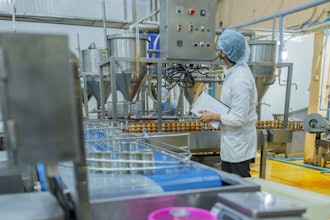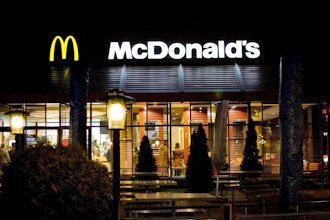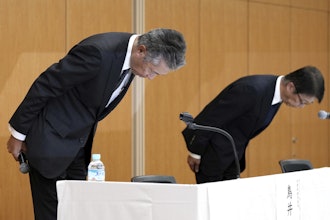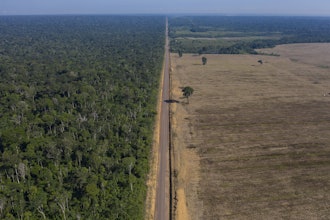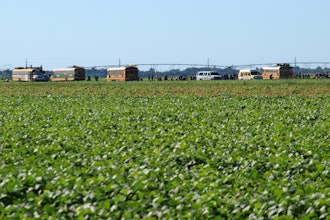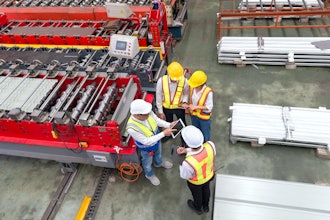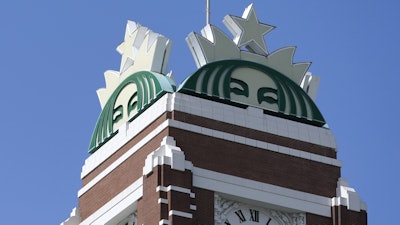
Starbucks is requiring some remote workers to return to its headquarters and increasing the number of days that corporate employees are required to work in an office.
In a letter to employees posted on Monday, Starbucks Chairman and CEO Brian Niccol said corporate employees would need to be in the office four days a week starting in early October instead of three days a week.
The Seattle-based company said that all corporate “people leaders” must be based in either Seattle or Toronto within 12 months. That is a change from February, when it required vice presidents to relocate to Seattle or Toronto.
Starbucks said individual employees working under those leaders would not be asked to relocate. But the company said all hiring for future roles and lateral moves will require employees to be based in Seattle or Toronto.
“We are reestablishing our in-office culture because we do our best work when we’re together. We share ideas more effectively, creatively solve hard problems, and move much faster,” Niccol wrote in the letter.
Niccol said affected workers who choose not to relocate will be eligible for a one-time voluntary exit program with a cash payment.
While many workers grew to enjoy working from home during the pandemic, the call for workers to return to offices full-time has been growing over the past year. Major employers such as Amazon, AT&T and the federal government have required employees to work in company sites five days per week. Competition for fully-remote jobs is fierce.
Starbucks spokeswoman Lori Torgerson said she didn't have a count of employees who are currently working as “people leaders” or are working remotely. Starbucks has 16,000 corporate support employees worldwide, but that includes coffee roasters and warehouse staff.
Niccol was not required to relocate to Seattle when he was hired to lead Starbucks last August. Instead, the company said it would help him set up an office near his home in Newport Beach, California, and would give him the use of a corporate jet to commute to Seattle.
Since then, Niccol has bought a home in Seattle and is frequently seen at the company's headquarters, Torgerson said.









